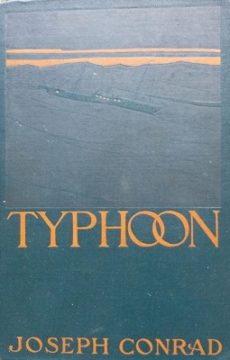Nicolas Guilhot at The Point:
 The end of history was not an idea that was original to Fukuyama; rather, as befits an age of ideological exhaustion, it was a vintage reissue harking back to an earlier era. The idea was hatched in the rubble of the Second World War and set the tone of intellectual life in the 1950s. Jacques Derrida once reminisced that it was the “daily bread” on which aspiring philosophers were raised back then. Its charismatic impresario was the Russian-born French philosopher Alexandre Kojève. Many others, however, came to terms with the idea the way one does with an ominous prognosis. For the German philosopher Karl Löwith, the end of history was primarily a crisis of meaning and purpose regarding the direction of human existence; for Talmudic scholar and charismatic intellectual Jacob Taubes, it was the exhaustion of eschatological hopes, the last of which were vested in Marxism; for the French philosopher Emmanuel Mounier, the collapse of secular and religious faith; for the theologian Rudolf Bultmann, it meant that the task of finding meaning in human existence had become a purely individual burden; and for the political theorist Judith Shklar, it morphed into an “eschatological consciousness” that “extended from the merely cultural level” to the point where “all mankind is faced with its final hour.”
The end of history was not an idea that was original to Fukuyama; rather, as befits an age of ideological exhaustion, it was a vintage reissue harking back to an earlier era. The idea was hatched in the rubble of the Second World War and set the tone of intellectual life in the 1950s. Jacques Derrida once reminisced that it was the “daily bread” on which aspiring philosophers were raised back then. Its charismatic impresario was the Russian-born French philosopher Alexandre Kojève. Many others, however, came to terms with the idea the way one does with an ominous prognosis. For the German philosopher Karl Löwith, the end of history was primarily a crisis of meaning and purpose regarding the direction of human existence; for Talmudic scholar and charismatic intellectual Jacob Taubes, it was the exhaustion of eschatological hopes, the last of which were vested in Marxism; for the French philosopher Emmanuel Mounier, the collapse of secular and religious faith; for the theologian Rudolf Bultmann, it meant that the task of finding meaning in human existence had become a purely individual burden; and for the political theorist Judith Shklar, it morphed into an “eschatological consciousness” that “extended from the merely cultural level” to the point where “all mankind is faced with its final hour.”
more here.
